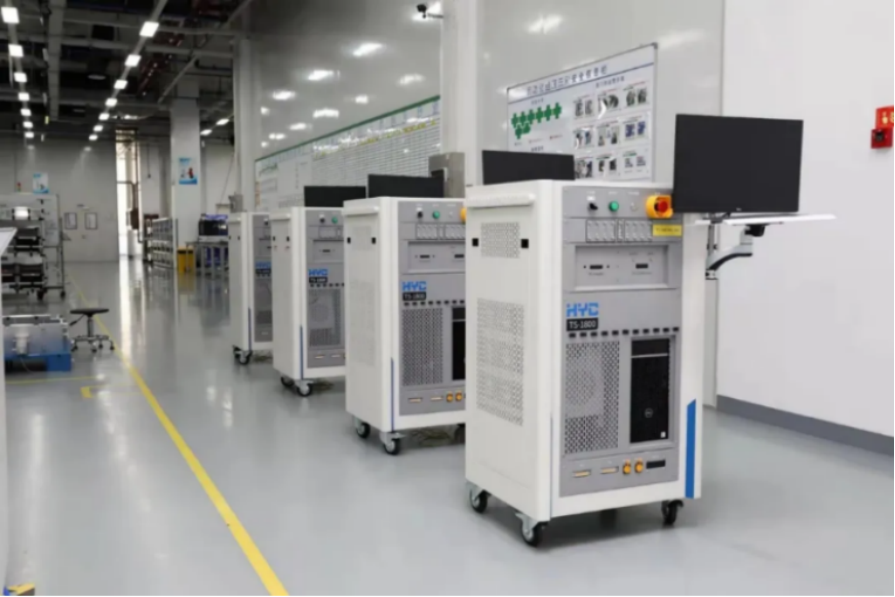Except there is no good reason why China can't do both. You are running into the same folly Japan did with their 5th generation computer project. That was when the Japanese semiconductor industry started going off the rails and started on a losing path they would never recover from.
It is a big mistake to ignore classical computing since more often than not when someone comes up with a new computer architecture, someone else comes up with a way to emulate it on classical computers which turns out to be cheaper than the said computer architecture.
It is a big mistake to ignore classical computing since more often than not when someone comes up with a new computer architecture, someone else comes up with a way to emulate it on classical computers which turns out to be cheaper than the said computer architecture.




